A Canadian's Guide to Credit Checks | Mogo
How do credit checks work? We’ll tell ya.
Do credit checks affect your credit score? They can—so it’s important to know the ins and outs of credit checks. Find out everything you need to know in this handy guide.
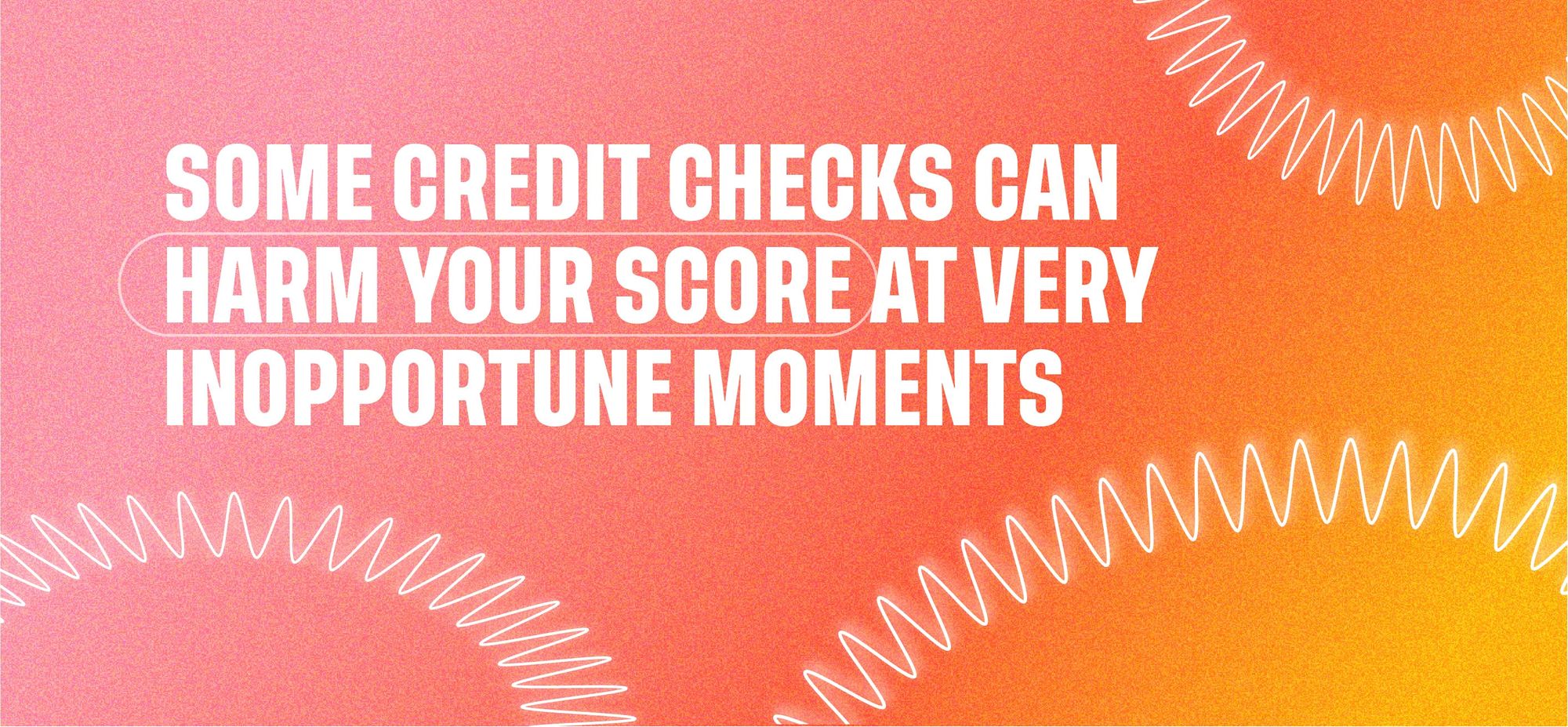
Some credit checks can have an impact on your score. For this reason, it’s important to be aware of credit checks because they can harm your score at very inopportune moments. Credit checks can also be an early sign of identity fraud—yet another reason to become friends with Equifax and TransUnion, Canada’s two credit bureaus.
What are Credit Checks?
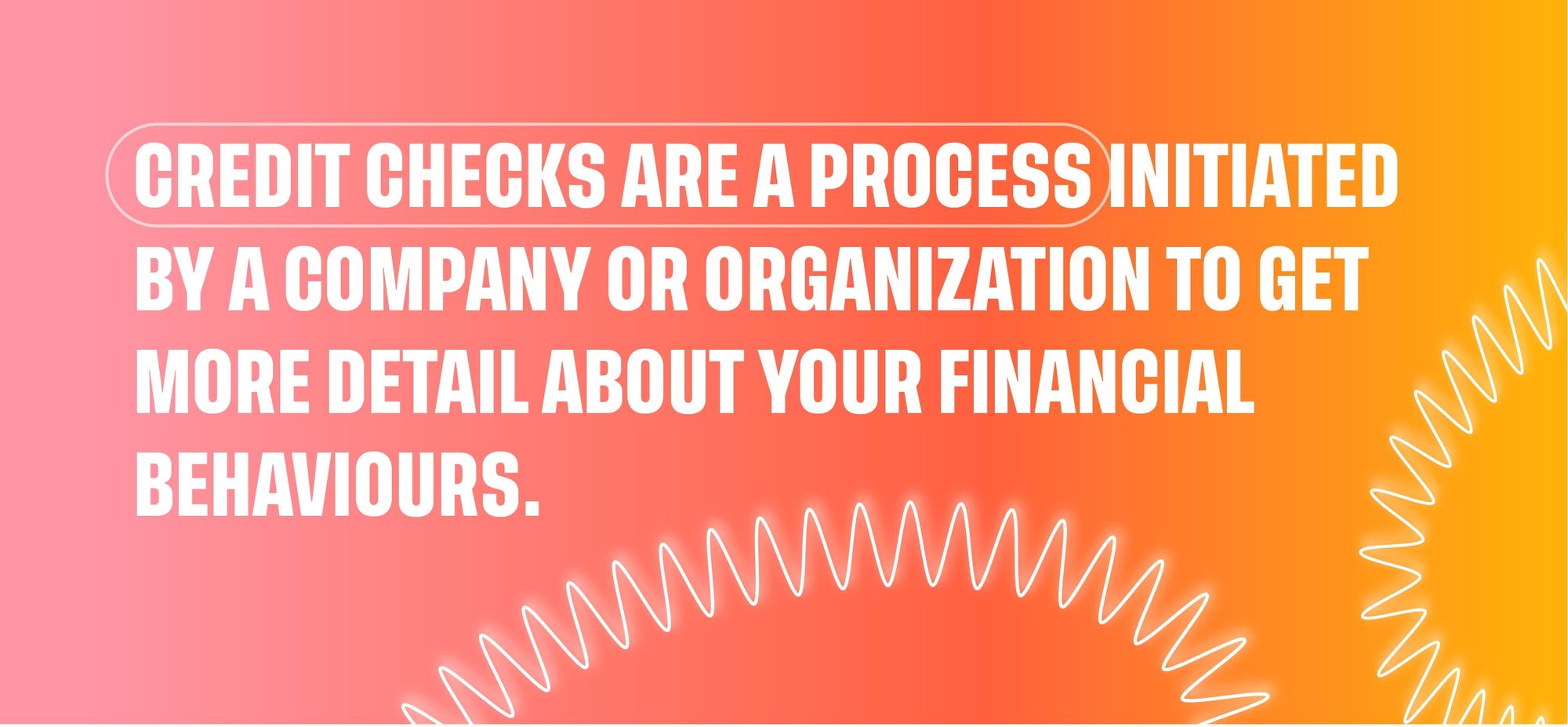
Credit checks, sometimes also called credit searches, are a process initiated by a company or organization to get more detail about your financial behaviours.
The only companies or organizations that will carry out a credit check have an interest in your reliability as a borrower, which can be extrapolated to assume your general responsibility.
Why do we say that? Well, because not only potential lenders may check your credit score; potential landlords and employers may, too—and they’re not looking to lend you money. Landlords and employers may be looking for different things, but could be discouraged if they check your credit history and find defaults or bankruptcies.
Organizations that may carry out a credit check include folks like:
- Utilities providers
- Banks or credit card providers
- Letting agencies or landlords
- Other lenders or brokers
- Employers
To conduct a credit check the company must have a legitimate reason for requesting that information and your consent.
How do Credit Checks Work?
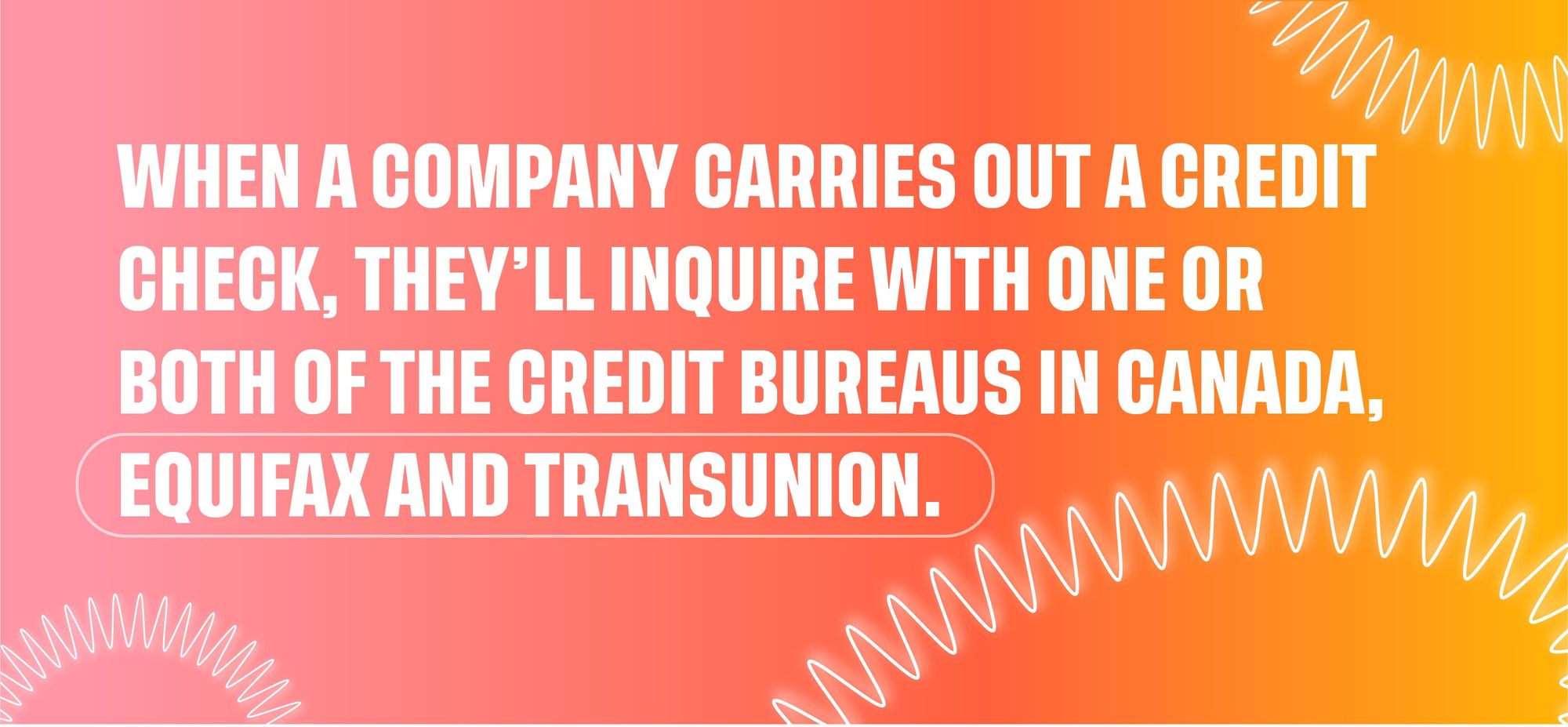
When a company chooses to carry out a credit check, they’ll inquire with one of the credit bureaus in Canada, Equifax and TransUnion. Most companies will have a primary bureau they inquire with, but can report information back to both. If their primary bureau is unavailable, they may inquire with the other one. Depending on the kind of organization they are, they may receive different information in response to their request.
For example, if you apply for credit, the potential lender may be able to access your credit history as well as your score—basically the whole shebang.
But your credit history is yours, so that information is only doled out on a need-by basis. And employers? They don’t need the whole picture for their purposes. So they’ll only see a portion of your credit information—perhaps just your score, for example, or any financial associations recorded in your history, like who you share a mortgage with.
After receiving this info from the credit bureaus, the inquirer will decide, based on the information they’ve received, if they’d like to move forward with indeed offering you that loan or offering you more credit (and at what rates!). If they decide against moving forward, you might be said to have “failed” the credit check.
Soft vs Hard Credit Checks
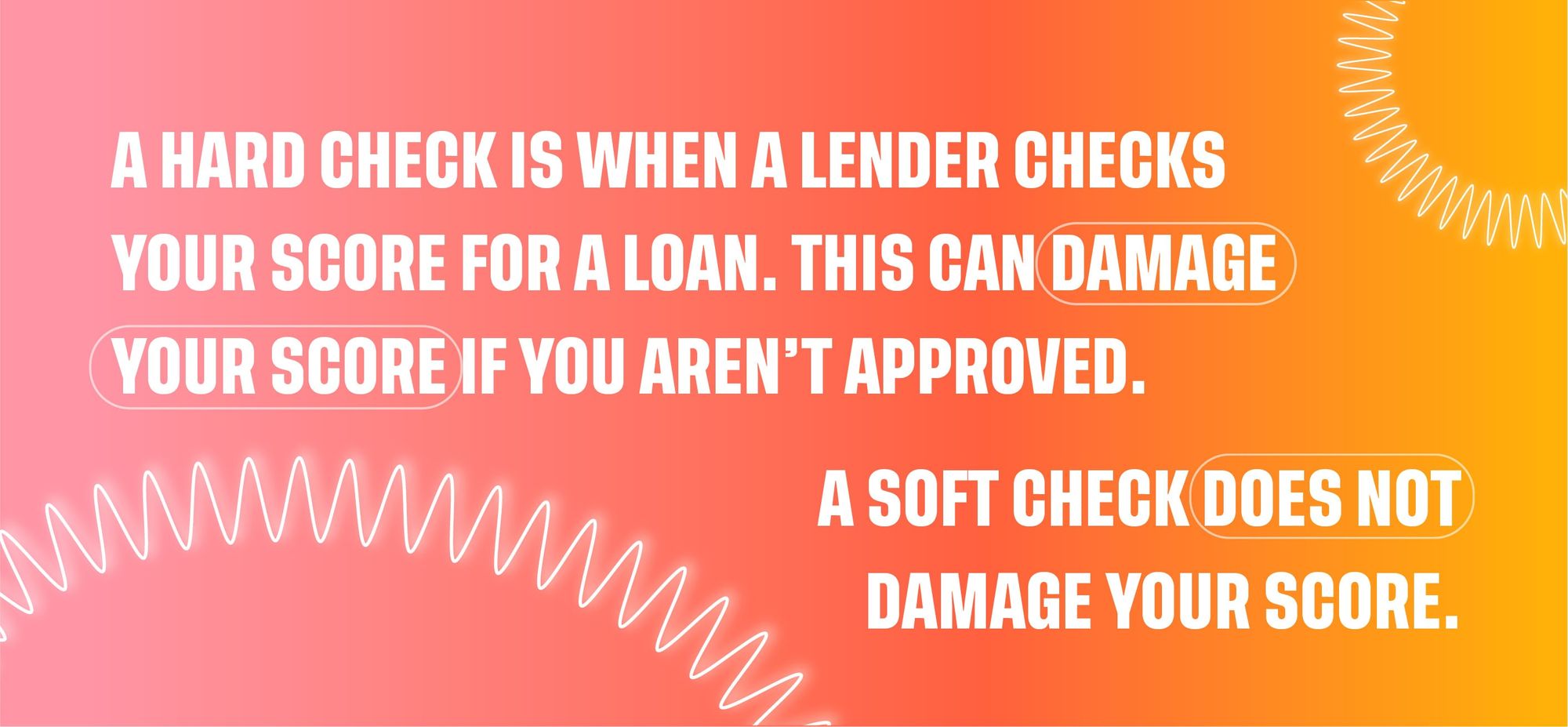
There are two kinds of credit checks: soft and hard. This is where potential damage to your score comes in.
A soft credit check does not damage your score. When you inquire about your own credit history, for example, that’s a soft inquiry. When you use Mogo’s monthly credit score monitoring and Mogo checks your credit score (free when you sign up for a free MogoCard!), that’s also a soft inquiry. Soft inquiries aren’t visible to third parties that check your credit bureau (but you’ll be able to see them).
Generally, it’s considered a soft inquiry if you (or a fintech company like us!) are simply asking for an updated score.
If a lender checks your credit score because you have applied for a loan, they typically perform what’s known as a “hard” check. Hard checks are visible to third parties that check your credit bureau, and they can ding your credit score.
To avoid this, it’s best to refrain from applying for loans or credit too often. Try to only apply when you need to, and time these applications well.
For example, if you’re applying for a mortgage, wait to apply for a new credit card. The lenders may take the frequency with which you’re applying as a bad sign, which could hurt your credit score at the worst time!
Track Your Credit Score with Mogo
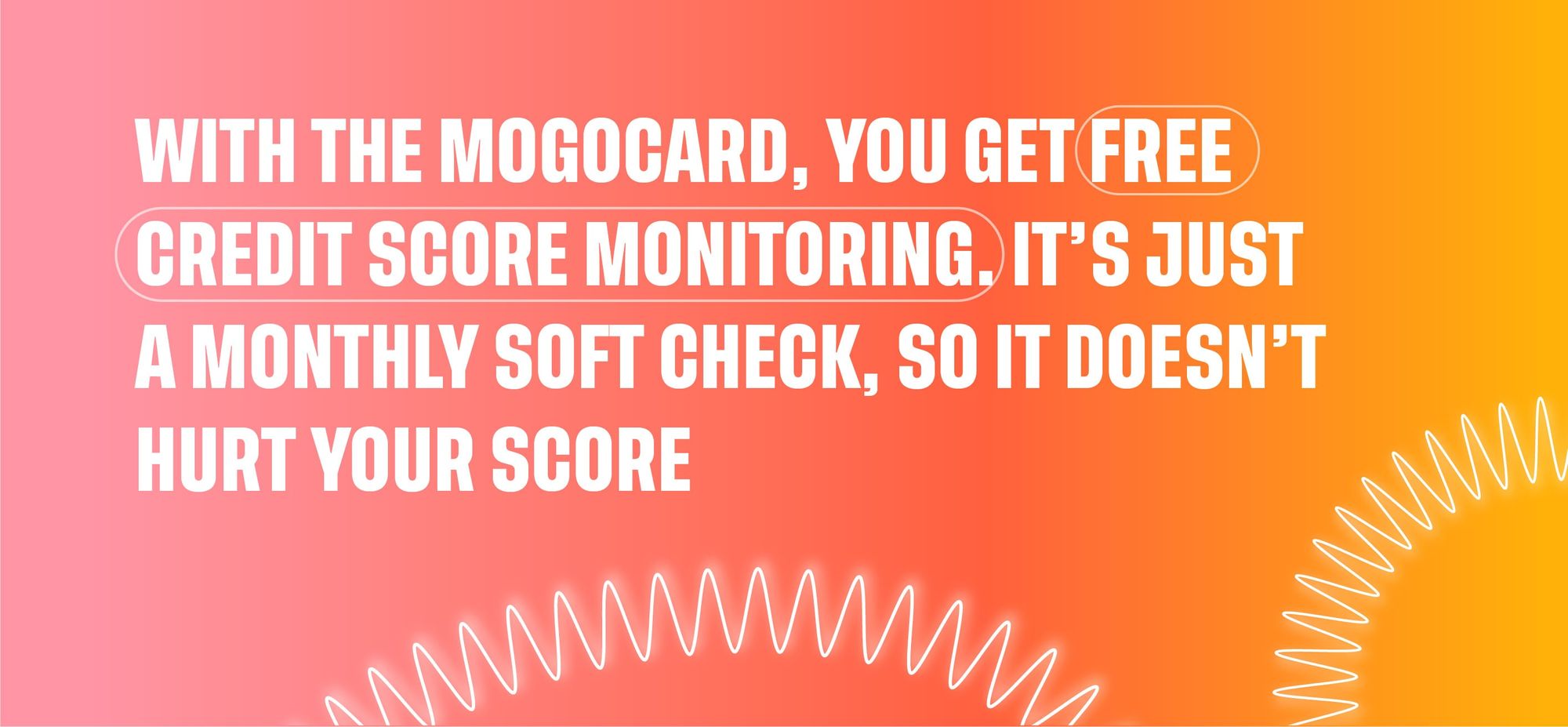
Credit scores are just one of the many fun things we have to manage as fiscally responsible Canadians. For decades, this meant calling up Equifax and begging them to send you a copy of your credit history on a slab of paper run through a dot matrix printer.
No longer!
At Mogo, we resolved to make monitoring your score easier. When you sign up for a free Mogo Visa* Platinum Prepaid Card, you get free Equifax credit score monitoring as long as your card remains active.1 It’s just a monthly soft check, so it doesn’t hurt your score. We update it in-app and send you a little ping when your new score is ready.
We also monitor your Equifax credit bureau to watch out for hard credit checks which can be a sign of identity fraud on your file. Some bad guys, having stolen your identity, will try to take out fraudulent loans or credit cards in your name to take that money and run, leaving you with a defaulted loan or credit card on your credit bureau.
Getting this sort of fraudulent record off of your credit bureau can be time consuming and can totally destroy your chances of getting a loan, mortgage, or new lease in the meantime. With MogoProtect, our free identity fraud protection, we’ll check your Equifax credit bureau daily and alert you to any hard inquiries. If you notice a hard inquiry that you didn’t authorize, we’ll also guide you through the steps to help stop fraudsters in their tracks.2
All free with your MogoCard. Because we love you! Check your score today.
| GET MY FREE MOGOCARD |
*Trademark of Visa International Service Association and used under licence by Peoples Trust Company. Mogo Visa Platinum Prepaid Card is issued by Peoples Trust Company pursuant to licence by Visa Int. and is subject to Terms and Conditions, visit mogo.ca for full details. Your MogoCard balance is not insured by the Canada Deposit Insurance Corporation (CDIC). MogoCard means the Mogo Visa Platinum Prepaid Card.
1 - MogoCard holders will be entitled to receive free MogoProtect identity fraud protection and credit score monitoring so long as they remain active MogoCard holders. If you do not fund your card within 60 days of ordering or make a transaction on your MogoCard for more than 90 days, then you will not be considered “active” and will be opted out of MogoProtect and credit score.
2 - No one can prevent all identity fraud and Mogo does not monitor all transactions at all businesses. Currently, Mogo only monitors hard inquiries into the Equifax® Canada Co. credit bureau and will provide push and/or email notifications within 24 hours of the inquiry being reported. Refer to the MogoAccount Terms & Conditions for more information https://www.mogo.ca/terms-and-conditions.